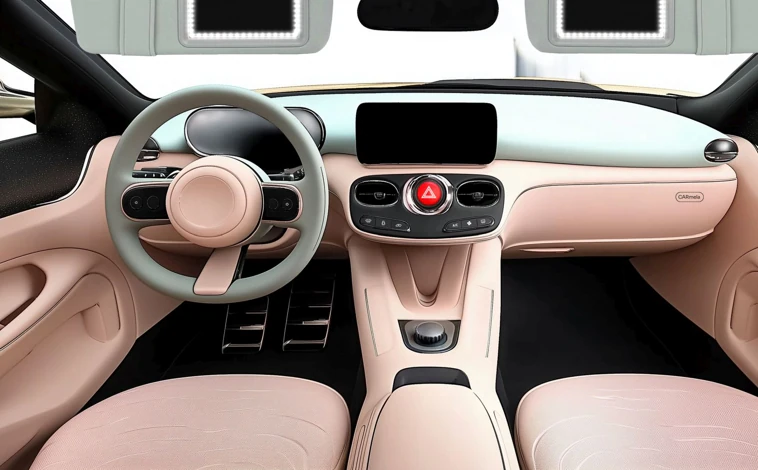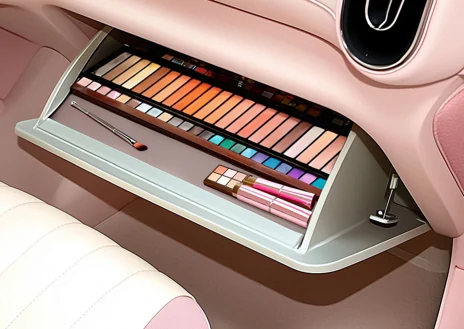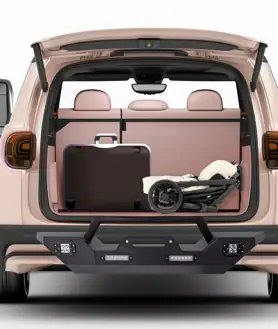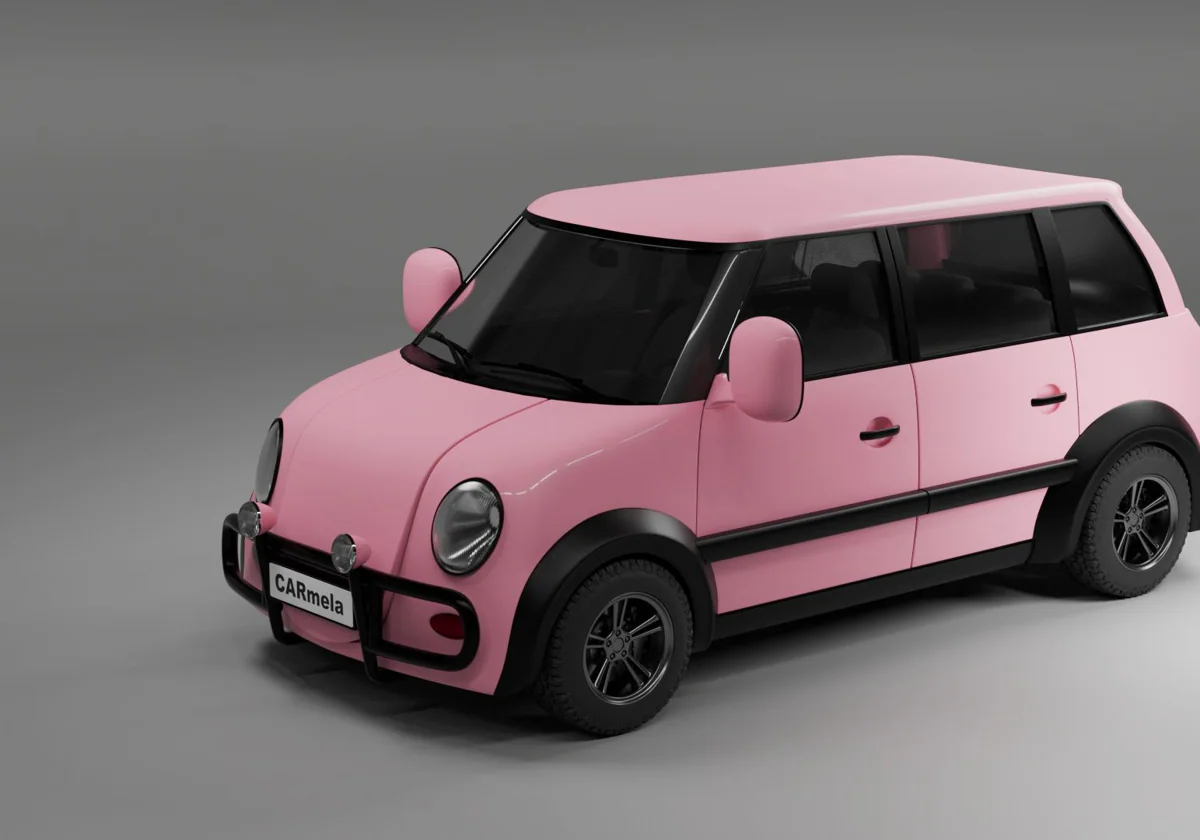This is 'CARmela', the 100% female car created with Artificial Intelligence
Canal Motor
Friday, 29 November 2024, 12:10
The 75% of female drivers have experienced some form of gender-based discrimination on the road. Additionally, nearly 30% of Spaniards believe that a car specifically designed for women should be developed.
With these arguments and thanks to Artificial Intelligence (AI), CARmela, the 100% female car, was conceived based on data from a study reflecting opinions on what a woman's car should be like.
This is part of the #EllasConducen campaign, celebrating its fifth anniversary with Midas, aiming to highlight the limiting ideas that still exist regarding women's driving abilities and how paternalistic views continue to underestimate their skill and confidence behind the wheel, as well as their knowledge of the engine.
Features of CARmela
The study has revealed, through the vehicle generated by AI from extracted data, the preconceived notions about what a car "designed for women" should supposedly include.
Among the most selected features by those surveyed who agree with the need to design a specific vehicle for women is that a female vehicle should have a higher level of safety (43%). This need for "additional protections" or scratch-resistant systems stems from the presumption that women have less skill or dexterity in driving.
Secondly, with an equivalent proportion (32%) in the set of selected features, are the following. The first is that the car should include soft materials and colors, more and larger mirrors, and pedals adapted to female footwear, reducing women's interest to aesthetics. The second is that the car should be lighter and easier to drive, suggesting a biased view that assumes women would need a less demanding vehicle to control. The third points to the tendency to associate women with a family role in the vehicle: the car would need to have additional space for baby seats. This feature responds to the biased belief that a woman's car must be prepared for child transport, assuming that women's priorities in the vehicle revolve mainly around family care.
In smaller volume, the idea that a speed limiter would be useful to control their driving (24.2%) and that a female vehicle should have a larger glove compartment to store personal items like makeup (17.8%) was selected. This detail reflects a viewpoint that continues to limit women's interests to aesthetic aspects.



Moreover, the study shows that the idea of a female car offering more power or noisy engines had only 11.7% support, reflecting that the majority perceive women as less interested in car performance.
Discrimination in the automotive world
"It is still surprising that, in the 21st century, inexplicable clichés about women and their relationship with driving persist, even the need for women to have a car specifically designed for us," says Jocelyne Bravo, Marketing and Communications Lead at Midas.
In Spain, 75% of female drivers have experienced some form of gender-based discrimination on the road, including gestures like looks, comments, insults, or honking, highlighting a hostile environment where their presence and ability behind the wheel are questioned. Alarmingly, of this group, almost 40% report experiencing these behaviors frequently or constantly, underscoring a persistent gender issue.
The study also reveals how women face everyday discrimination in the automotive environment. 32% of them have experienced differential treatment in workshops, where it is still rare to see a woman managing maintenance issues; additionally, 22.4% say that attention in dealerships tends to focus on their male companion. This discriminatory treatment not only perpetuates sexist ideas but also affects women's confidence and self-esteem, with 35.6% admitting to feeling emotionally affected by sexist comments about their driving.




